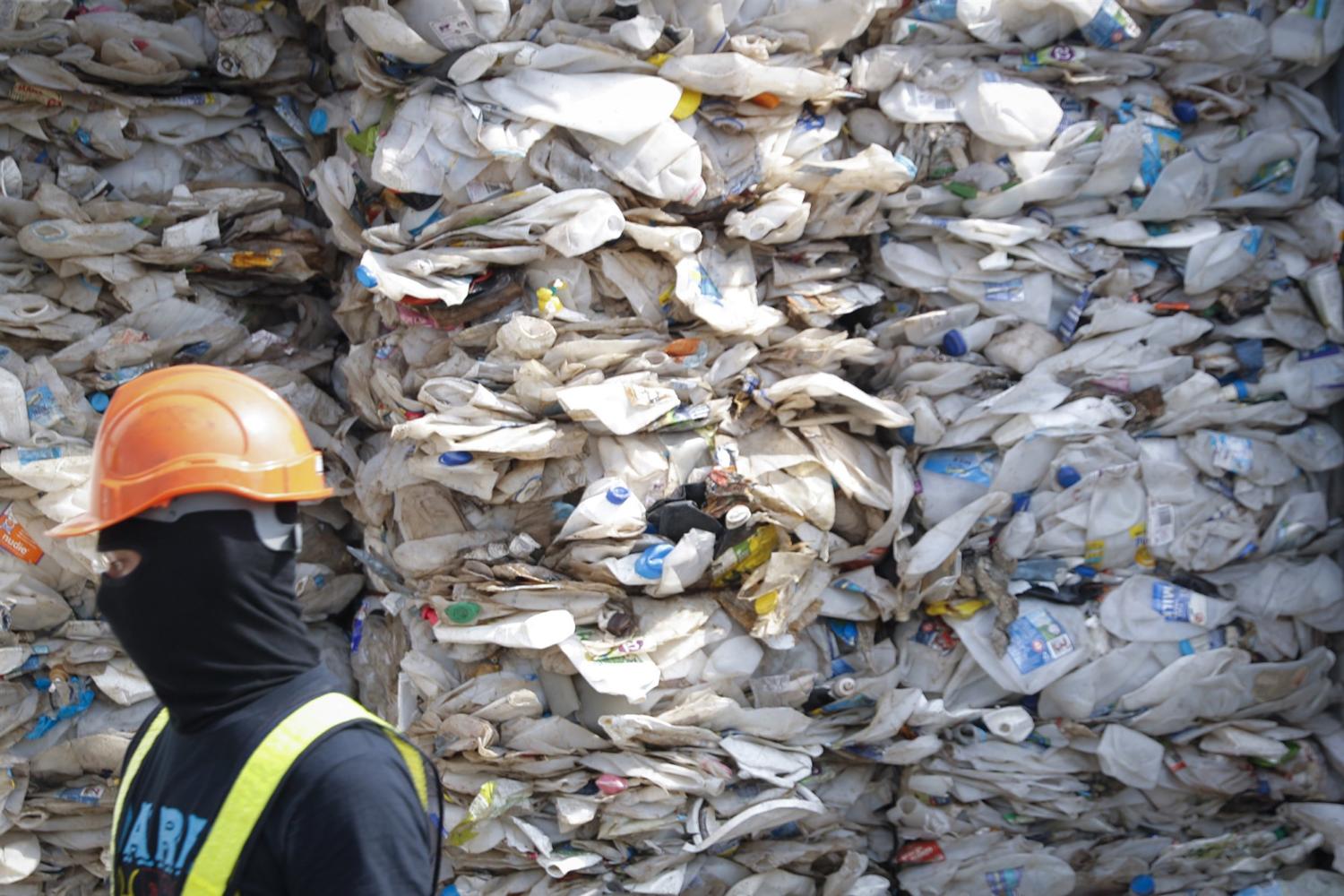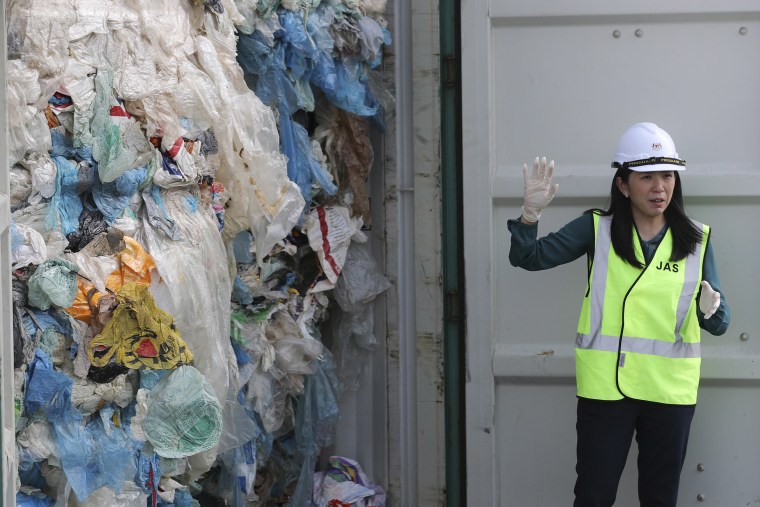
By: Savi Raghuraman | News Editor
May 30, 2019
This week, Malaysia announced that it would send over 3,000 tons of plastic, imported to be illegally recycled, back to the developed countries it came from, drawing attention to the global waste management crisis. Recipients of the trash will include the United States, Canada, Australia, and the United Kingdom.
“This issue is the very definition of karma,” senior Sarah Lindsey said. “We need to find a sustainable and proactive way to deal with trash instead of acting like it’s not a problem.”
For decades, as consumption in developed countries rises, their governments and companies have exported the resulting waste, purportedly for it to be recycled at plants located in developing countries. However, many of these plants are illegal, as the plastic waste they take in is not of a grade that can be recycled safely. In other words, these “recycling” plants accept what belongs in the garbage bin, not the recycling bin; they use what the more regulated recycling plants in developed countries would refuse, for good reason. The waste, which may include hazardous substances, is dumped, incinerated, or otherwise processed illegally, posing significant environmental and health risks to locals.
China, the largest importer of this non-recyclable plastic waste, banned any further such imports last year, and Southeast Asia has been struggling under an unusually heavy load of trash ever since, with more and more illegal recycling companies popping up to meet the growing demand from developed countries.
Malaysia and the Philippines are the first since China to take definitive action against this practice. Last week, the Philippines sent thousands of tons of plastic to its source, Canada, and refused Canada’s offer of shipping it back by the end, sending it immediately to Canadian territorial waters instead.

These crackdowns on garbage imports are designed to make a statement on a global scale. “Malaysia will not be the dumping ground of the world,” Malaysia’s environment minister, Yeo Bee Yin, said. “We will fight back. Malaysians have a right to clean air, clean water and a clean environment to live in, just like citizens of developed nations.”
Although countries in Southeast Asia are often listed as some of the leading sources of pollution in oceans and natural ecosystems on land, they also take in the most trash, the majority from more developed nations. The illegal and dangerous waste processing plants in countries like Malaysia must be shuttered, but the greater responsibilities lie with the developed countries that cause the waste in the first place.
“We need to find ways to dispose of trash that won’t harm the environment,” senior Indy Minnich said. “And we should look into sustainable ways to avoid creating the trash.”
In the end, this incident can be taken as evidence that solving the global waste crisis requires a truly global effort.

I wonder what we will do with all of our new trash
This is a disgrace! We better figure this out.
I disagree with Sarah Lindsey and the author regarding that the tremendous amount of waste is a result of “karma.” It is not so much a supernatural being punishing the people for littering, its the people’s lack to care for the planet, and the only person to blame is themselves.
I hope we find a way to resolve the plastic problem in all countires.
It’s devastating that people think that a solution to getting rid of trash is to put it somewhere else.
This article is very interesting because we cannot say we love this planet and then take steps to destroy it for use by future generations.